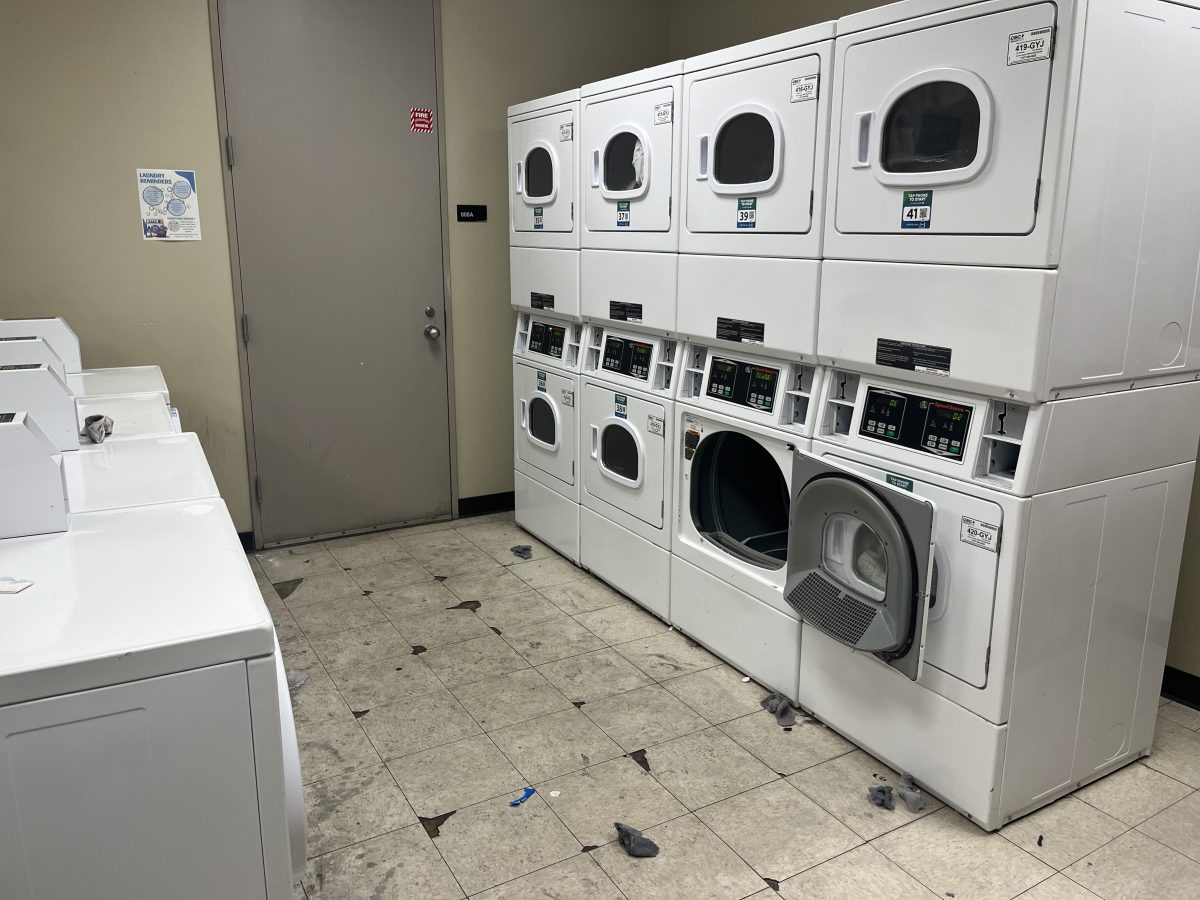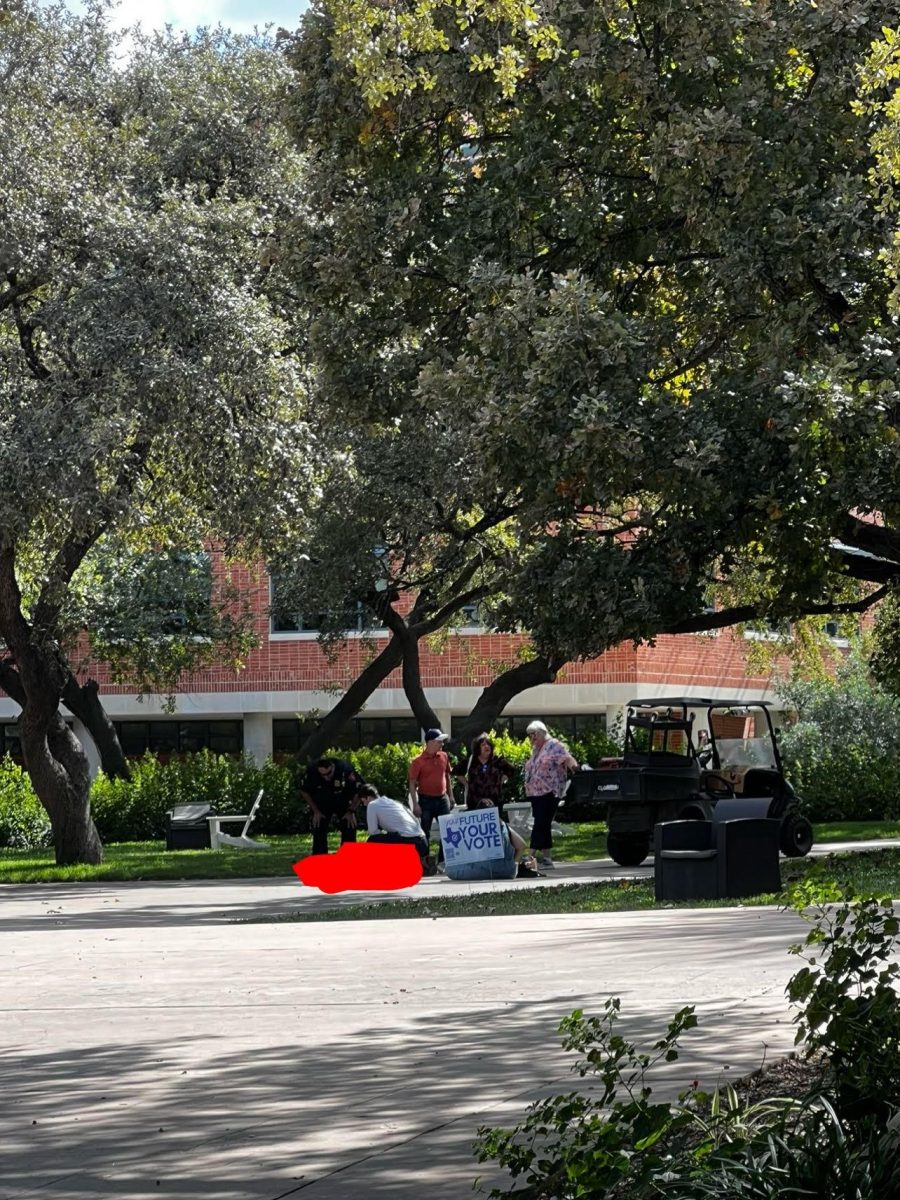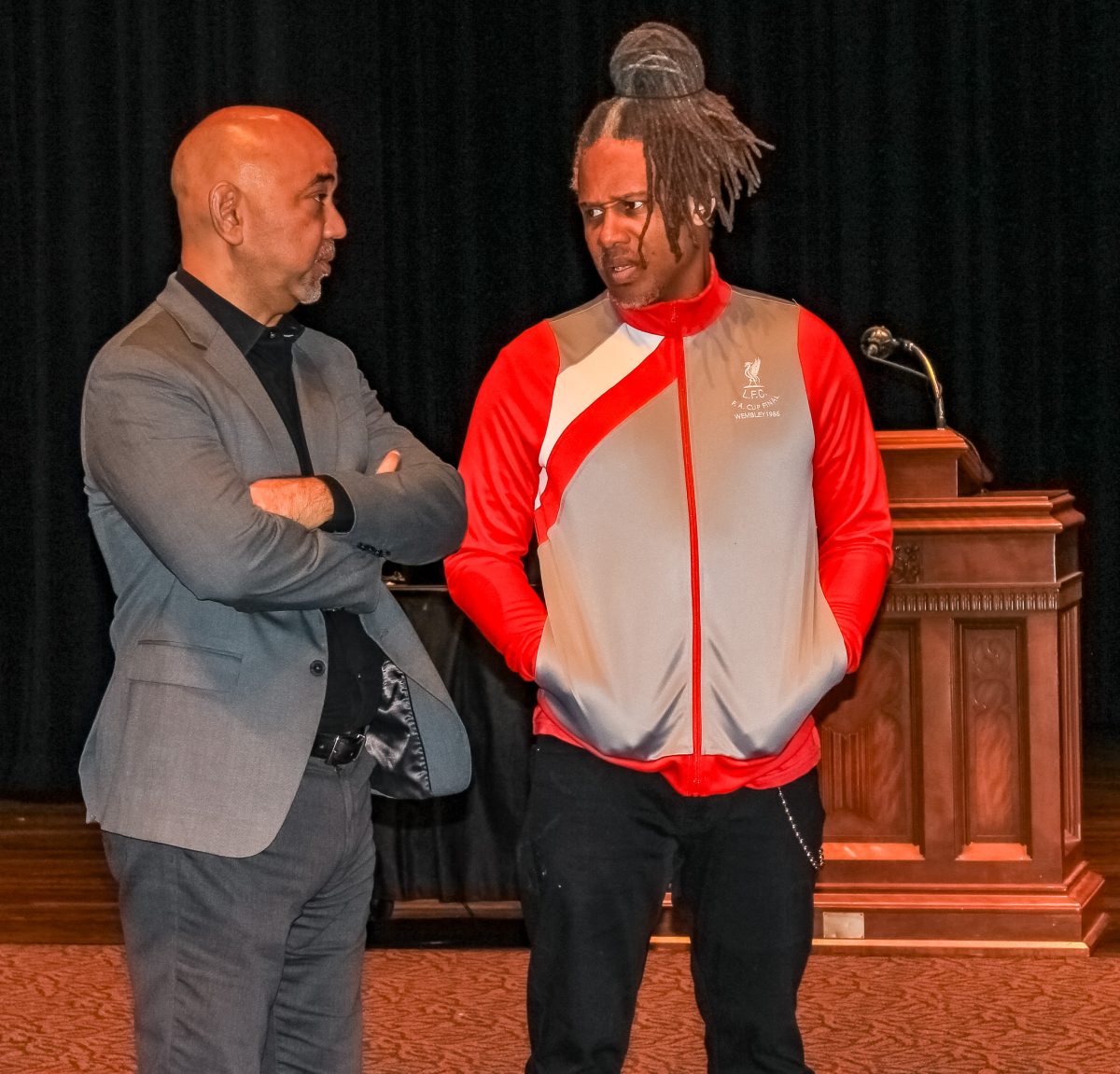A forum was held discussing Senate Bill 11, often known as “campus carry,” on Nov. 11. SB11 allows for concealed firearms on public universities who are given the option of having “gun-free zones.” The bill offers a caveat for private institutions that may opt out of the requirement after consulting their university community.
The forum was sponsored by the Student Government Association and moderated by President Anderson, university president. Panelists included David Crockett, professor and chair of political science, John Hermann, associate professor of political science, Sean McCutchen, student government association president and Brenham Pozzi, senior and business major.
Anderson opened the forum with introductory words regarding the state of the policy currently.
“If you look at Trinity right now, we have a policy that prohibits carrying firearms on campus. There were prior acts of legislation that were considering making campus carry legal in Texas. With that heard, faculty, students and the board of trustees enacted other policies affirming that Trinity would remain gun free,” said Anderson.
The goal of the forum was to present both sides of the issue and assess if the community wants campus carry or a continuation of Trinity’s current policy.
“As a private university, we can have a consultation””like we’re having tonight”” and we can choose to opt out of the campus carry. That is one of the things that if you look at all of our policies tonight will help us decide if we should reaffirm being a gun free campus. So the goal is for you to understand both sides of this,” Anderson said.
Paul Chapa, chief of police, discussed the difference between “open carry” and “campus carry.”
“Campus carry allows people with concealed handgun licenses to carry concealed handguns in permitted areas on campus. The handguns must remain concealed,” said Chapa. “House Bill 910 known as open carry becomes law January 1,2016 and makes it legal for concealed handgun license holders to carry visible handguns in the state of Texas. However, open carry would not apply at universities””including Trinity.”
The speeches from panelists began with Pozzi who explained the positive side of campus carry from his view.
“A shooting or stabbing happens at a university almost every single day and I would feel a lot better knowing that individuals who are licensed who go through a more comprehensive background check, a mental health check, can pass an accuracy test, go through a training course and have their fingerprints taken should be allowed to carry. Because anybody can walk on campus and anybody can carry a gun”” TUPD may not be able to stop [an incident] if it’s too late,” Pozzi said.
McCutchen discussed the negative implications of campus carry.
“I firmly believe in the right for people to be able to own guns, to protect their lives and property and their family. However there’s just, I think, a time and place for handguns. One of the big issues with this bill is the implementation,” McCutchen said.
McCutchen listed several implementation problems he forecasted including problems with gun-free zones.
“If I was a concealed carrier and I forgot to check my handgun at the door the police now has to assume that anyone carrying inside [gun free buildings] are doing so with the intent to harm someone. The campus would most likely have a lockdown and all of a sudden there is considered to be a gunman on campus. Even with the recent UIW scare, you can see how out of hand that could get,” McCutchen said.
Then Hermann and Crockett gave their input on the issue. Hermann discussed the positive side from the faculty perspective.
“This is a vital issue. I’ve never owned a gun, but I’m a Second Amendment advocate. I don’t think it’s fair to have a hierarchy of amendments. If students receive additional training at Trinity to become responsible gun owners, we could teach responsibility to students and they can become responsible citizens,” Hermann said.
Crockett argued the opposite side focusing on the negative implications.
“The law applies to people who are 21 and over, and that’s about 1.3 percent of Trinity students would be able to obtain carry handgun licenses, and that’s about eight Trinity students, so we are arguing about something with minimal impact,” said Crockett.
At the end of the forum, Anderson urged students, faculty and staff to seek out representatives to deliver their opinions. Groups to contact include the Student Government Association, Trinity Staff Engagement Committee and the Faculty Senate.
Trinity will decide whether to reaffirm its policy against firearms or to opt out in the future.
SB11 will go into effect statewide on August 1, 2016.






